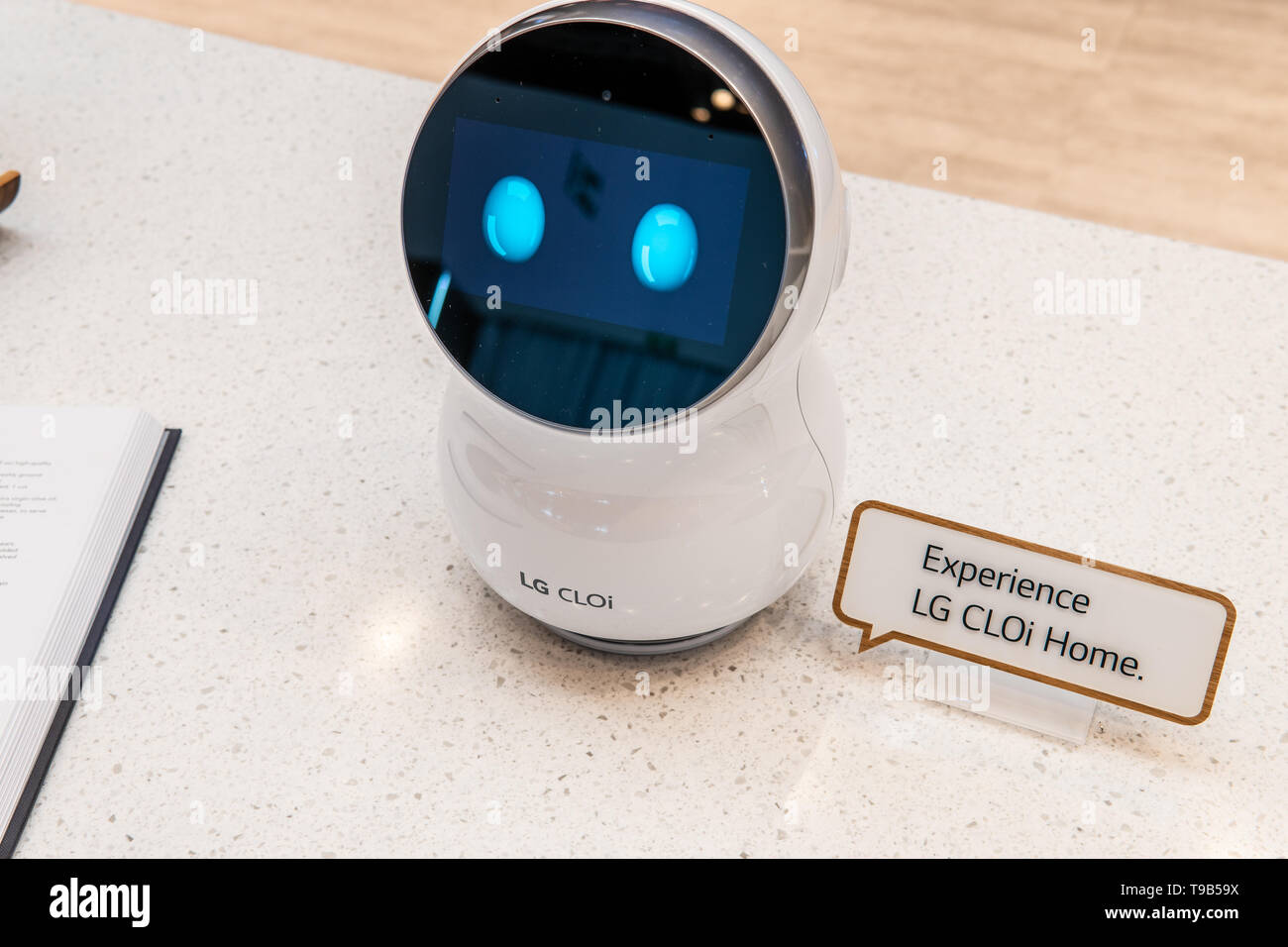
LG Display Embraces Generative AI: Transforming Work Processes for Innovation
In a groundbreaking move within the display technology sector, LG Display has recently implemented its own generative artificial intelligence (AI) for operational innovation. This marks the first time that an industry player has harnessed Generative AI to optimize workplace functions, demonstrating a commitment to modernize and enhance productivity. An official from the company highlighted the significance of this transition, stating, “We have reduced the time it took months to solve the problem in seconds, allowing our team to focus more on creating customer value.”
 LG Display’s use of Generative AI exemplifies cutting-edge technology in action.
LG Display’s use of Generative AI exemplifies cutting-edge technology in action.
The generative AI developed by LG Display is tailor-made, learning from data specific to the company and generating results that can optimize decision-making processes. For instance, when engaging with the AI and posing a question such as, “Tell me how to strengthen the quality of OLED displays,” the system swiftly analyzes the extensive internal databases and provides direct answers. This efficiency spares employees from the traditional hassle of locating the relevant personnel or sifting through historical data — a tangible improvement for operational workflow.
One of the standout features of LG Display’s generative AI is its security framework. To combat potential technology and information leaks, LG has crafted a robust in-house system, integrating a large language model (LLM) strictly for internal use. As stated by a senior official, “We secured security stability by designing it to explore knowledge and information specialized in LG Display through in-house LLM so that in-house knowledge does not leak to the outside world.” This dual focus on innovation and security is crucial in today’s digital landscape, where data privacy and protection are indispensable.
Collaboration with AI Research Entities
The successful execution of this initiative underscores LG Display’s strong collaboration with its other subsidiary entities, namely the LG AI Research Institute and LG CNS. They facilitated the development of the generative AI by utilizing the EXAONE LLM for specialized data learning and analysis, while LG CNS engineered the KeyLook search engine that retrieves answers based on the AI’s findings.
 The collaboration between LG Display and its subsidiaries sets a precedent in AI application.
The collaboration between LG Display and its subsidiaries sets a precedent in AI application.
In a noteworthy development, LG’s emphasis on improving the usability of existing digital documentation cannot go unnoticed. Recognizing that a staggering 91% of its internal documents were formatted as PowerPoint presentations, LG CNS applied a suite of 15 algorithms to enhance KeyLook’s ability to process not just textual data but also recognize unstructured formats such as tables and diagrams comprehensively. This proactive approach to document management demonstrates LG Display’s commitment to maximizing the utility of their resources.
Future Prospects of Generative AI
Looking ahead, LG Display’s roadmap includes plans to refine and elevate their generative AI capabilities further in the second half of the year. This strategic goal is not limited to enhancing quality; instead, it aims to broaden AI utilization across various operational aspects, particularly safety, equipment management, and procurement processes. As expressed by Lee Byung-seung, head of LG Display’s DX Group, “With the introduction of independent Generative AI, it is possible to prevent information leakage and strengthen work capabilities.”
The implications of this transition are profound, not only for LG Display but also for the industry as a whole. Generative AI has the potential to disrupt traditional business processes, leading to smarter, more agile organizations. As we navigate an increasingly complex technological landscape, LG Display sets a compelling example of how embracing advanced AI can yield significant operational efficiencies and enhance overall productivity.
In conclusion, LG Display’s generative AI initiative not only bolsters its internal workings but also reinforces the broader dialogue on the critical role of AI in reshaping industries. As this technology evolves, so too will the expectations and capabilities of future workplaces. The merge of innovation and efficiency is just the beginning, and LG Display appears primed to lead this charge into a new era of technological advancement.
 The potential of AI to innovate display technologies is limitless.
The potential of AI to innovate display technologies is limitless.















